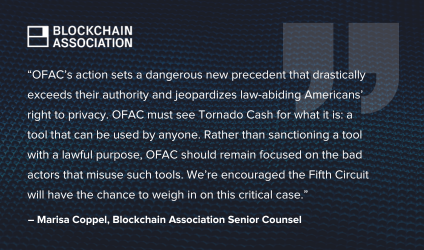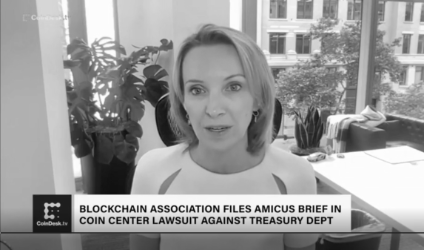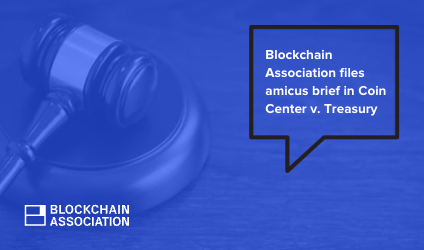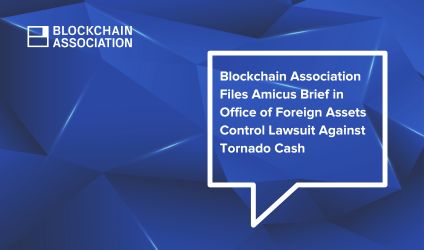
Sanctions
Sanctions are an important foreign policy tool that applies to crypto just like any other industry without the need for special rules or designations.
U.S. economic and trade sanctions are authorized by the President or by Congress and are administered by the Office of Foreign Assets Control (OFAC).OFAC has the authority to designate persons or property for inclusion on the Specially Designated Nationals (SDN) list, effectively cutting them off from the U.S. economy by making it illegal for U.S. persons to transact with them. Typically, the SDN list includes persons whom OFAC has identified as terrorists, drug traffickers, rogue state officials, or other bad actors engaged in harmful activity. Sanctions laws prohibit all transactions with SDNs regardless of what technology, payment system, or asset type may be involved. Just like all other U.S. industries, the crypto industry has scrupulously complied with U.S. sanctions laws both through traditional compliance measures and by utilizing novel and unique capabilities offered by public blockchains to monitor potential violations in real time.
Yet, some policymakers have suggested that crypto presents a unique risk of sanctions evasion and should be singled out for harsher restrictions than comparable industries or technologies. Neither is true. The nature of transparent public blockchains combined with geofencing practices and specialized forensics firms make it easier to detect potential sanctions evasion using crypto than other means. National security experts have also recognized that crypto markets lack sufficient liquidity for nation-state actors such as the Russian Federation to effectively evade sanctions. In practice, there is little evidence to show that SDNs are actually making use of crypto. We support policies that clarify OFAC’s expectations as to how U.S. crypto firms should comply with U.S. sanctions laws, and we oppose policies that violate the principle of technology neutrality or that chill innovation without benefiting any legitimate national interest.
Relevant News
Blockchain Association CEO Kristin Smith Statement on Crypto-Asset National Security Enhancement Act of 2023
Blockchain Association CEO on Filing Amicus Brief in Coin Center Lawsuit Over Tornado Cash Sanctions
Blockchain Association files amicus brief in Coin Center v. Treasury
How OFAC’s Tornado Cash Sanctions Violate U.S. Citizens’ Constitutional Rights
Blockchain Association Files Amicus Brief in Office of Foreign Assets Control Lawsuit Against Tornado Cash






